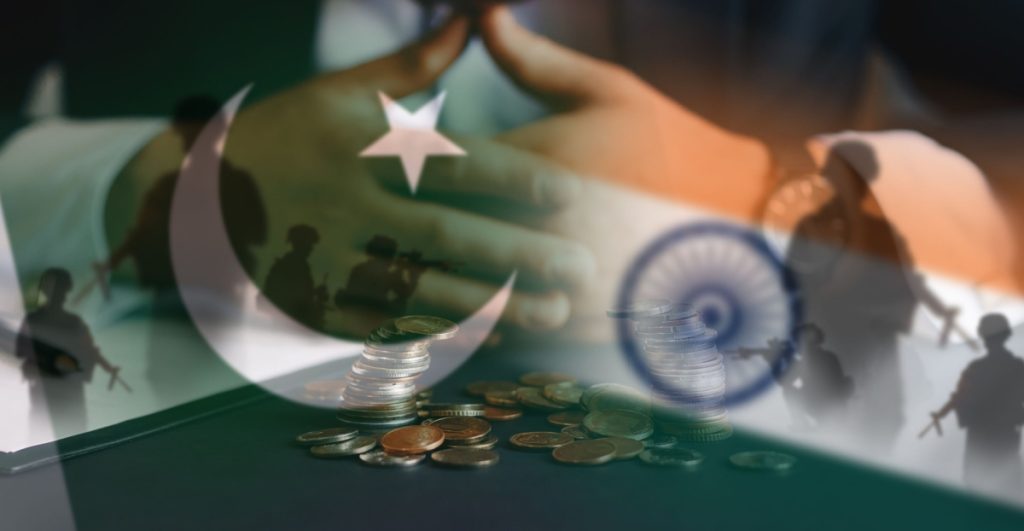Rising tensions reignite global fears over nuclear conflict in South Asia
Others are reading now
In the wake of the region’s worst military escalation in nearly 30 years, India has urged the International Atomic Energy Agency (IAEA) to assume control over Pakistan’s nuclear weapons.
The demand, issued by Indian Defense Minister Rajnath Singh on Thursday, follows days of cross-border attacks and rising fears of a nuclear flashpoint between the two historic rivals.
Post-Clash Fallout Fuels Nuclear Fears
The latest surge in hostilities was sparked by an Indian airstrike on what it described as “terror camps” inside Pakistan.
This was in retaliation for a deadly attack in Indian-controlled Kashmir that killed 26 Indian soldiers—an incident India claims was orchestrated with Pakistani backing. Islamabad has denied the allegations, and both nations exchanged drone and missile strikes before agreeing to a ceasefire on Saturday.
Also read
Speaking to troops in Srinagar, Singh questioned Pakistan’s nuclear stewardship:
The IAEA, headquartered in Vienna, monitors nuclear programs to ensure compliance with non-proliferation norms, but it has no current mandate over Pakistan’s arsenal.
A Volatile Nuclear Standoff
India and Pakistan have maintained a fragile nuclear balance since both tested weapons in 1998. Their decades-long dispute over Kashmir has made the region one of the world’s most volatile nuclear flashpoints.
The latest escalation triggered concerns that the standoff could spiral into a nuclear exchange, particularly after Pakistan hinted at high-level nuclear discussions—a suggestion it later walked back.
Indian Prime Minister Narendra Modi has vowed not to tolerate future attacks, warning of more cross-border strikes and dismissing Pakistan’s nuclear deterrence as “blackmail.”
Islamabad responded by accusing New Delhi of making “provocative and inflammatory statements,” further heightening diplomatic friction.
With both sides hardening their rhetoric and nuclear weapons back in the spotlight, calls for international mediation—and perhaps intervention—are growing louder.



